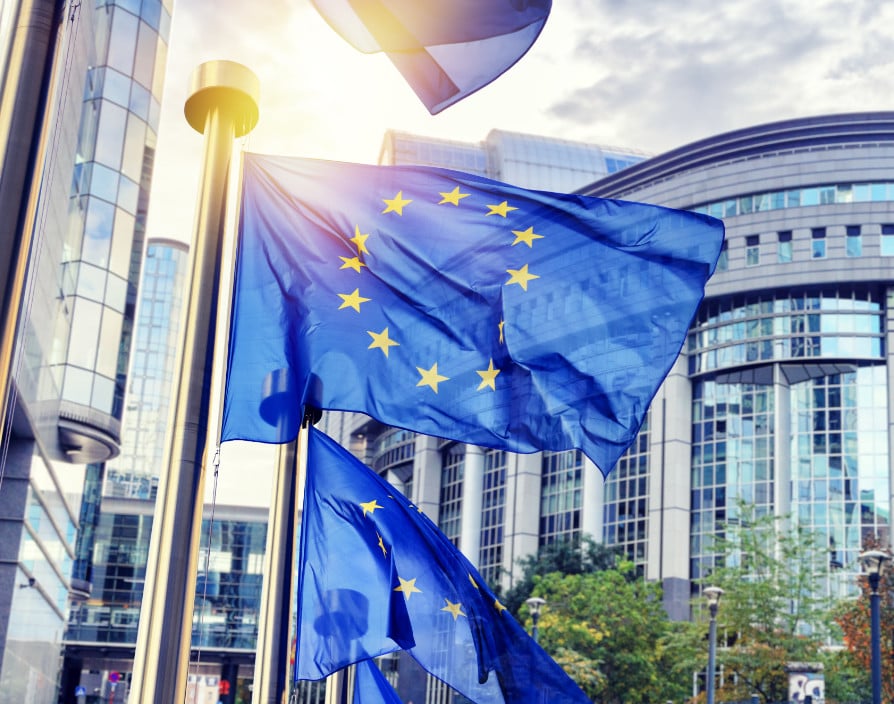European workers are positive about the post-pandemic partial move back to the office, but they are demanding workplace changes. Rob Davis of Sharp explores this.
In the early days of the pandemic, the world of work was quickly thrown into disarray due to the lockdowns enforced by leaders across the world. This naturally had a deep impact on companies of all shapes and sizes and their ways of working, with many having to adjust rapidly and move to a remote working style.
As the world now begins to slowly open back up, and workers are starting to head back to the office, companies will be adjusting again. Not just to the ever-changing situation of the pandemic, but also to the differing attitudes towards ways of working that have emerged since.
For many office workers, this was the first time that they were able to try out remote working ‘ allowing them to dutifully weigh up what they value about working from the office but also what they value about working from home.
Those you ask will likely say the same thing ‘ they have enjoyed gaining back the time they once spent on their daily commute and now using this instead for more enjoyable activities and family time, though on the other side of the coin they miss their colleagues and dislike how remote working has removed much of the social and human aspect of working.
Continued changes to the world of work
New insights from Sharp show that this is very much the case throughout Europe. The investigation, in which more than 6,000 office workers in small to medium sized businesses across Europe were surveyed, found that working in a dynamic company office environment had become more important to almost three in five (58%). In addition, over half (55%) of those surveyed stated the importance of being able to meet with and work with colleagues physically.
Despite the downfalls of remote working, there is no doubt that we will see a solid amount of it remain, with hybrid working seeming to be the go-to preference now as it offers the flexibility that many workers want.
However, our study also revealed a range of demands that employers will need to address to create productivity and positivity in the workplace of the future – especially for workers under 30. So put simply, to encourage workers back into the office business leaders are going to need to make some changes.
There are certain aspects that workers feel will deter them from returning, with Sharp’s research identifying the top five reasons to be:
- Lack of suitable technology
- Restricted layout
- Shared facilities with multiple companies
- Only accessible by public transport / Dull or uninspiring design
- Lack of variety of working and meeting spaces
So, what can employers do?
It’ll be important to manage expectations and consider what employees are looking for in order to make it a smooth transition and balance remote working and office working. The pandemic taught business leaders how important it is to really listen to employees needs and to put them at the fore, and this will only continue to be essential.
Whilst employees will be sold on the office by knowing their colleagues are there and that there are more opportunities to socialise, employers are going to need to take stock and review how their office space works for their people if they want them to spend more time there. It’s time to embrace more collaborative space, systems and attitudes to meet the post-pandemic workers’ needs.
“
Share via:


















































